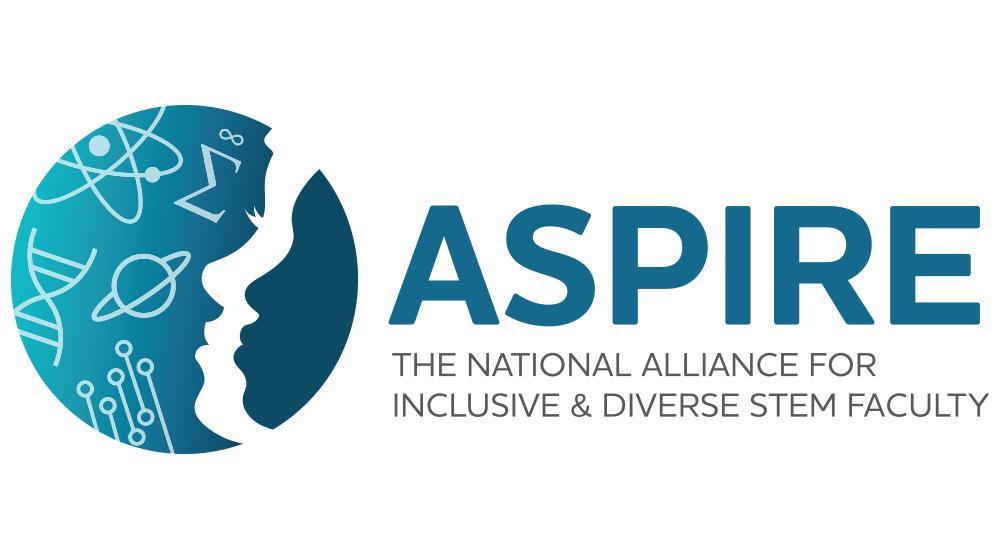
An Equality of Opportunity Project study states, “if women, minorities, and children from low-income families were to invent at the same rate as white men from high-income families, the rate of innovation in America would quadruple.”
MU has taken those words to heart, being one of the 20 most recent higher learning institutions to join the Association of Public and Land-grant Universities’ co-lead effort, known as Aspire: The National Alliance for Inclusive & Diverse STEM Faculty.
Aspire is a national clientele-funded alliance seeking to build an inclusive and diverse STEM faculty across the nation. The initiative works with universities to give them customized approaches to help diversify their staff and faculty. Institutions join in cohorts, with the first cohort being composed of 15 universities across the nation. MU has joined the second cohort of 20 universities, which includes schools from all over the country, ranging from UC Davis in California to Auburn University in Alabama.
Choosing the institutions in each of these cohorts is a very methodical process. It is a “complicated project” according to Travis York, assistant vice president for academic and student affairs at the Association of Public and Land-grant Universities.
“The reason that we accept groups of institutions together is because a lot of the research of institutional change and transformation indicates that when institutions are working in a network to tackle a really complex problem, they do so better,” York said. “They can share resources; they can problem solve with each other.”
The network MU joined includes a three-year commitment to help diversify STEM faculty members and be more inclusive in their teaching, their research mentoring and their advising.
However, joining Aspire is not a simple or easy process for any university. To join the initiative, universities must go through a very involved application process.
“Institutions from across the country applied, both in cohort one and cohort two, to be a part of the network,” York said. “There is a group of application reviewers, both involved in the IChange Network and across the Aspire alliance that pulls in experts and content experts from around the country.”
Elizabeth Loboa, dean of the College of Engineering understands why MU joining Aspire is so important for the progression of STEM. In 2015, Dr. Loboa was named the first female dean in the colles’s 176-year history.
“I believe it is important for underrepresented populations in STEM to see others who look like themselves in leadership positions and for those of us in these positions to use our backgrounds and experiences to help our institutions invoke and maintain an environment of inclusive excellence,” Loboa said.
Loboa said she is excited about the resources MU will now have access to for further growth and continuous improvement of the university’s inclusive excellence initiatives.
“As an institution, we will be able to better assess our current efforts: what is working, what is not and what to change or improve,” she said. “We also will obtain access to a suite of resources as well as guidance from experts on inclusive teaching, advising and mentoring practices.”
Joining Aspire is the latest move MU has made to help diversify faculty on campus. Loboa believes it is another important step in the right direction.
“Aspire helps all of us to further improve the approaches we take to ensure our disciplines are as diverse and inclusive as possible,” she said.
_Edited by Alex Fulton | [email protected]_